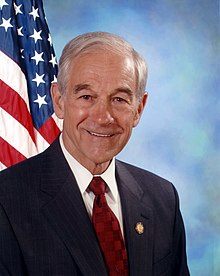What is a "just" war in this era of drones and long-range missiles, when one side can fight without taking any risk whatsoever? In the December 21 issue of the New Yorker, Anand Gopal, as assistant research professor at the University of Arizona, raises many questions and struggles more for perspective than answers in "America's War on Syrian Civilians" (titled "Clean Hands" in the print version).
An important read that challenges the reader to think hard about a kind of warfighting that can be perfectly legal by the accepted rules of war but also unjust.
One caveat -- The Russian and Syrian armies would label as propaganda Gopal's characterization of the air-bombing of Aleppo. One thing is certain: so much propaganda has been generated by the Natoist/American side about the Syrian War that it will be many years more before independent investigators can establish the truth of what happened in Aleppo.
But Gopal is looking at a very big picture and so his mention, almost in passing, of Aleppo does not detract from the sincerity and worth of his allover observations. Here, a few excerpts from his writing:
[...]
What is the purpose of this war? Should it be fought, and, if so, fought differently? These are conversations that neither the military nor human-rights organizations appear interested in having.
[...]
... the focus on legality may have lulled us into a comfort with war itself. Human-rights groups have found the U.S. guilty of dozens of war crimes in Afghanistan, but most American killing has been lawful: a housewife wandering too close to a convoy, a farmer gunned down on faulty assumptions, a family made victim to the rule of proportionality.
Americans seem to become exercised about the miseries of combat only when the rules are flagrantly violated; as long as they are not, a war quietly slides into the background—even into a permanent state of being. If the Afghan war continued for another twenty years, it’s doubtful whether it would arouse much domestic opposition, even though the over-all suffering may be as great as a wanton slaughter that ended in a decisive victory. The U.S. cannot carry out such a slaughter without violating the law and provoking widespread opposition, and so the conflict remains at a perpetual low boil. The U.S. finds itself in a peculiar situation in which it can neither win nor lose its wars.
[...]
********






